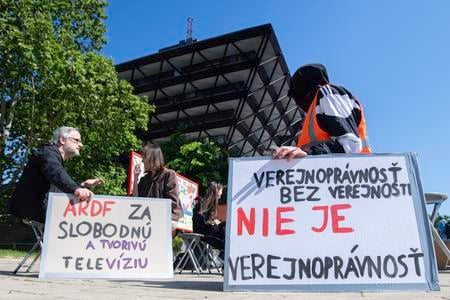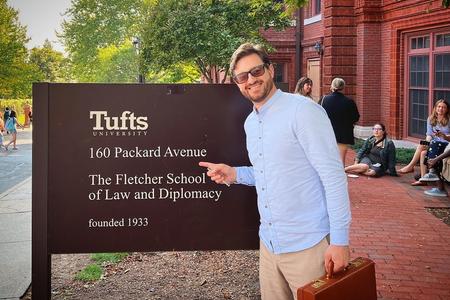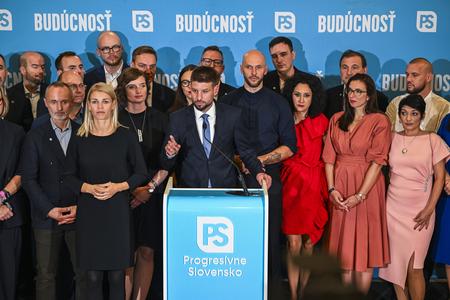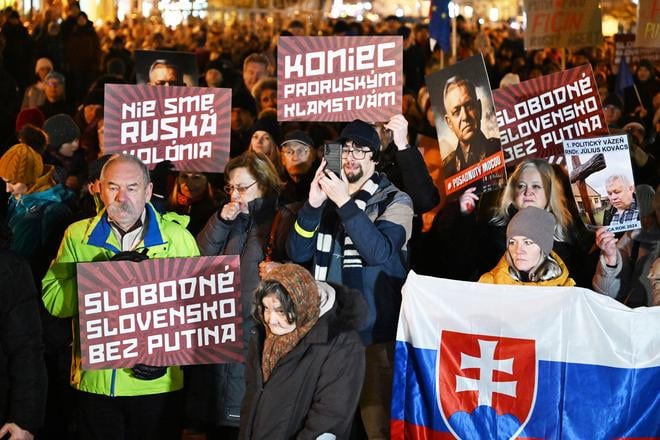A grassroots network of informal civic hubs known as “Slovak Cafés” is taking shape across Europe, driven by concern over recent political developments in Slovakia.
Inspired by an earlier initiative in Prague, these self-organised communities have sprung up in cities including Brno, London, Paris, Kraków and Amsterdam.
“The ‘Slovak Cafés’ are a direct reflection of our commitment to Slovakia’s democratic future,” said Renata Papcunová, coordinator of the London Café.
Far from being actual coffee shops, each “café” refers to a group of Slovaks living abroad – often regarded by conservative, populist politicians at home as liberal or progressive elites. The label echoes other pejorative terms in Slovak political discourse, such as the “Bratislava Café”, used to describe cultural elites viewed with suspicion by populists.
The “cafés” serve as meeting points for Slovaks abroad who are concerned about the country’s direction under the current government led by Prime Minister Robert Fico, particularly its foreign policy shift towards Russia and deteriorating relations with the European Union.

Legislative moves targeting anti-corruption bodies, independent media and NGOs have drawn comparisons to Hungary’s illiberal model, prompting protests at home and mobilising Slovak émigrés. An estimated 10 percent of Slovak citizens live abroad.
The “cafés” function as platforms for political debate, fact-checking and civic activism. Participants regularly organise public discussions, run online forums and launch petitions. Some also act as informal watchdogs, scrutinising state narratives and promoting independent journalism.
Many fear that Slovakia’s current trajectory risks alienating it from its European partners and undermining democratic gains made since the fall of communism. Some cite concerns over future access to EU funding and rule-of-law safeguards.
The initiative has also expanded into fundraising. Slovaks abroad recently launched a campaign in support of Platform for Democracy, an umbrella group of more than 80 civil society organisations. “Borders are not an obstacle to solidarity,” said Adela Klepáková, vice-chair of the Prague Café.

Another flashpoint has been voting rights. Proposals seen as limiting or complicating the ability to vote from abroad have raised widespread concern. Only around 2 percent of valid ballots in recent Slovak elections came from foreign voters – a figure campaigners believe could grow significantly with better access.
“The engagement of Slovaks abroad has grown sharply,” said Samuel Zubo from Srdcom Doma, a group encouraging overseas voter participation. “They want to be heard, and they care deeply about where the country is heading.”
Election data suggest that voters abroad tend to reject nationalist and populist messaging, particularly among younger generations who have spent much of their lives under the same political leadership.

“When our right to vote is threatened, and when our nation’s values appear to be shifting, we must unite,” concluded Papcunová of the London Café.


 Participants at the “Slovakia is Europe” protest in Košice on Friday, 10 January 2025. (source: TASR)
Participants at the “Slovakia is Europe” protest in Košice on Friday, 10 January 2025. (source: TASR)